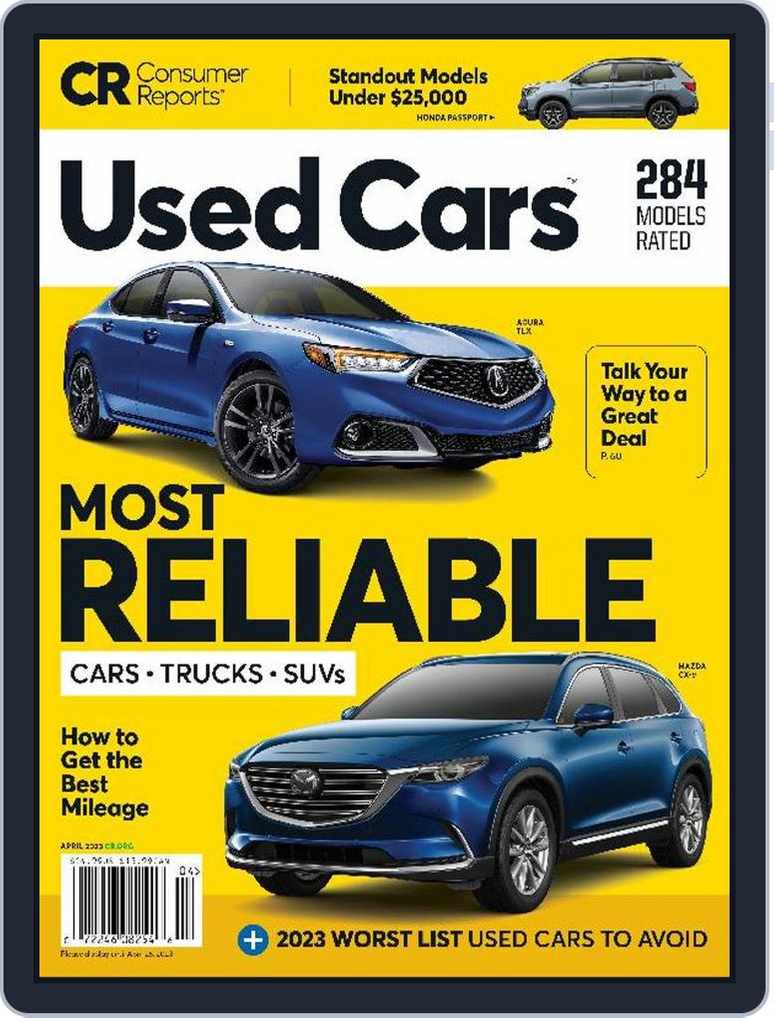Buzz Haven: Your Source for Trending Insights
Stay updated with the latest buzz in news, trends, and lifestyle.
Shop Smart, Drive Happy
Unlock amazing savings and discover tips to shop smart and drive happy. Your ultimate guide to making every dollar count!
Top 10 Tips for Buying a Reliable Used Car
Buying a used car can be a daunting task, but with the right guidance, you can find a reliable used car that meets your needs without breaking the bank. Here are the top 10 tips to keep in mind when shopping for a pre-owned vehicle:
- Set a budget: Determine how much you can afford to spend, including maintenance and insurance costs.
- Research models: Look into makes and models that have a reputation for reliability and longevity.
- Check vehicle history: Use services like Carfax or AutoCheck to review the car's past, including accidents and title status.
- Inspect the car: Always have a trusted mechanic perform a thorough inspection before purchasing.
- Take a test drive: This helps you assess the car's performance and comfort.
- Negotiate the price: Don’t hesitate to negotiate based on your research and the vehicle's condition.
- Review paperwork: Ensure that all documents like titles, service records, and warranties are in order.
- Consider purchasing from a dealership: They often provide warranties and used vehicle inspections.
- Check for recall information: Make sure any recalls have been addressed.
- Trust your instincts: If something feels off, walk away and continue your search.
While finding a reliable used car might take some time and effort, following these tips will significantly increase your chances of making a smart purchase. Remember to stay patient and informed throughout the process. Often, the right vehicle is worth the wait, and arming yourself with knowledge will empower you to make an educated decision that aligns with your lifestyle and budget.

Understanding Car Financing: What You Need to Know
Understanding car financing is crucial for anyone looking to purchase a vehicle. It's important to grasp the different types of financing options available, such as bank loans, credit union loans, and dealership financing. Each option comes with its own terms, interest rates, and conditions, so take the time to compare these factors before making a decision. Additionally, knowing your credit score can play a significant role in securing favorable financing terms, as lenders often use it to assess your risk as a borrower.
When considering car financing, it's also essential to understand the overall cost of the loan. This includes not just the monthly payments but any additional fees such as origination fees or prepayment penalties. Many consumers are tempted to focus solely on the down payment and monthly payment, but it’s vital to look at the annual percentage rate (APR) and the total amount paid over the life of the loan. By educating yourself on these factors, you can make a more informed decision and choose a financing option that fits your budget.
How to Spot a Great Deal on Your Next Vehicle
When searching for your next vehicle, it's essential to have a keen eye for value. Start by researching the market prices for the specific make and model you're interested in. Websites like Kelley Blue Book or Edmunds can provide a comprehensive overview of pricing trends. Additionally, consider visiting local dealerships and online marketplaces to compare listings. Look for vehicles that have been on the market for longer than average, as they may indicate a seller eager to make a deal. Timing can also play a crucial role; the end of the month or year often sees dealerships more willing to negotiate to meet sales goals.
Another key factor to consider is the vehicle's history. Use the VIN to obtain a vehicle history report, which can highlight any previous accidents, title issues, or odometer discrepancies. If a deal seems too good to be true, trust your instincts and dig deeper. A reputable seller will be forthcoming with all necessary documents and maintenance records. You can further enhance your chances of spotting a great deal by being prepared to negotiate. Arrive at the location armed with knowledge about the vehicle's market value and be ready to walk away if the terms aren't favorable. Your patience and persistence can ultimately lead to a better deal.